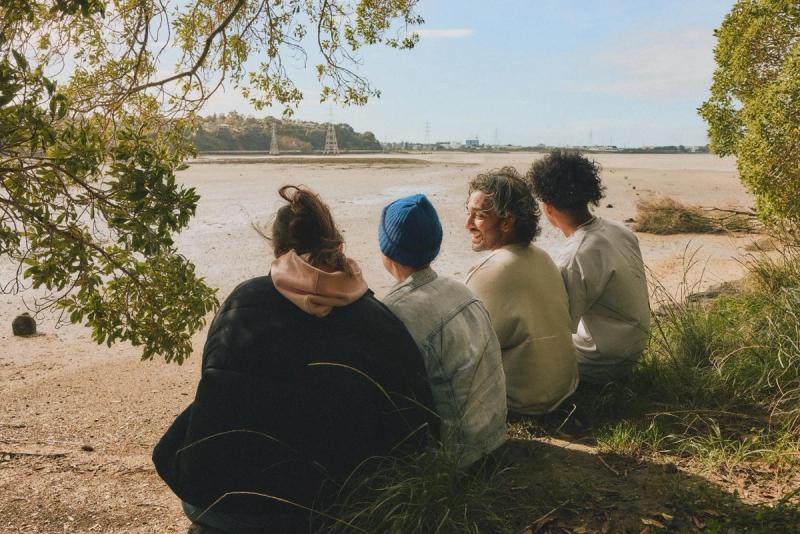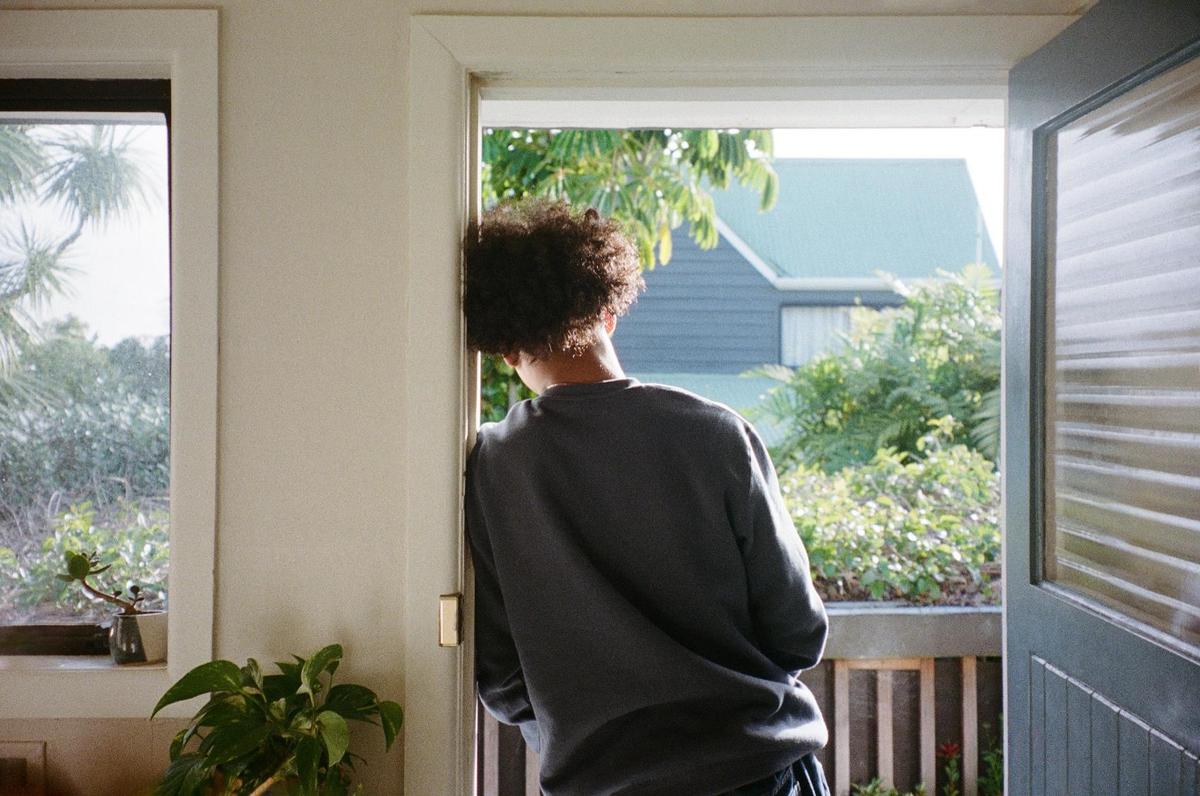Bone and soft tissue cancers


Bone and soft tissue cancers types
What are bone and soft tissue cancers? A group of rare cancers affecting the body’s bones and tissues that connect, support and surround other body structures and organs.
Bone Cancer
There are two types of bone cancer (also known as bone sarcoma):
- Primary bone cancer: cancer that begins in the bone or cartilage,
- Secondary bone cancer: cancer that has started in another part of the body and has spread (metastasised) to the bone.
Sarcoma occurs when abnormal cells in these types of tissue grow in an uncontrolled way. It can develop in any part of the body.
There are more than 30 types of primary bone cancer. The three most common are Ewing sarcoma, Chondrosarcoma, and Osteosarcoma. Bone cancer is the sixth most common cancer affecting rangatahi in Aotearoa (Source: AYA Network).
Survival rates for rangatahi impacted by bone cancer are on the rise, due to new treatments for Ewing sarcoma.
There are other less common types of bone cancer, including chordoma and spindle cell sarcoma.


Soft Tissue Cancer
Soft tissues encompass the supportive tissues within the body, excluding bones. These tissues comprise fat, muscle, nerves, tendons, blood vessels, and the synovial lining of joints - fluid-filled spaces between bones that move against each other, such as the shoulder, hip, knee, or elbow.
Soft tissue cancer, referred to as soft tissue sarcoma, can develop within any of these tissues.
There are more than 50 types of soft tissue sarcoma. The most common types diagnosed in rangatahi are:
Rhabdomyosarcoma
which usually forms in muscle cells.
Synovial sarcoma
which develops in cells around joints and tendons.
Ewing sarcoma
which may start in the soft tissue or bone.
Disclosure: The information provided in this article is intended for educational purposes only and should not be construed as medical advice. Consult a qualified medical professional or your healthcare provider if you are seeking medical advice.
Rangatahi Cancer Support for Gastrointestinal Cancer
Finding out that you or a member of your whānau is dealing with a bone or soft tissue cancer can be extremely challenging, especially for rangatahi. Being diagnosed with bone or soft tissue cancer can lead to various challenges and difficulties in life.
Cancer affects everyone differently. That’s why Canteen provides a wide range of free support services to help rangatahi manage the specific challenges they’re dealing with. Canteen services and events can help you find ways to cope with what life looks like now you are facing these unexpected challenges.
You can talk to one of our specialist clinical team about the impacts of cancer on your life. This can be either in person, over the phone, or online. Rangatahi can also connect online 24/7 with peers who understand what you’re going through.
Visit the Cancer Control Agency website for more information about the causes, symptoms, diagnosis and treatment of bone and soft tissue cancers, or speak to your Adolescent & Young Adult (AYA) key worker at hospital.
Support Canteen. Change lives
You can support Canteen by making a donation, holding a fundraising event, volunteering or getting your organisation involved.